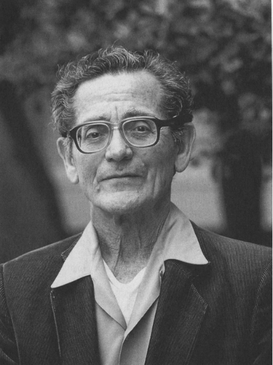I would tend to put more of an emphasis on the genetics that underpin one's moral character. Within this genetic confine, there is always the option to either act or not act in accordance with one's higher ideals. This is in turn subject to another mechanism which William Pierce calls the 'urge' or 'aspiration towards ever expanding consciousness'. It is and will forever be subject to the same laws of physics and the same chemistry which has shaped and guided our evolution ever since the bacterial stage. That's of course not to say that everyone who's sub4 will ascend and reproduce if they wish for it hard enough, but rather that evolution and life itself favors this sort of moral character and that its absence will likely lead to complete extermination given sufficient time due to the decadence that stems from it (which is what we're seeing the beginning phases of now)
Reproduction itself is a form of the representation and the correlative of its plurality. Mutation, recombination, lesions, aging, epigenetic modifications can all be subsumed under what is effectively a cipher of the endless
becoming of the material world, the lack of constancy and the succession of forms. From the spontaneous formation of the first macromolecules to the ascent of empires this holds, though I am turning over in my head the possible seat of the qualitative difference in the soul of the human being. Consider the substratum underlying all temporally and spatially discrete phenomena as being a kind of undulating, undivided mass of protoplasm, considered by perception and reason only in the aspect of a cross-section of space and time.
The last part is interesting though in considering the
movement toward (or away from) an ideal form. You can draw a picture of this process, though incomplete, out of the forms of the representation. Spengler did this in a way, though not necessarily quantitatively but rather physiognomically. But what I mean here is the passage of the will into or out of a higher objectivity, mirrored outwardly by phenomena present in concepts like 'IQ' and 'achievement'. Spengler considered the budding, flowering, and wilting of great cultures - one finds this expressed to a degree in metrics like the aforementioned. The death of a cultural
idea and the degeneration of the people within it is manifested fragmentarily in things like declining genetic intelligence, through the phenomenon of liberalized procreation (world and Western IQ is decreasing, Flynn effect is hitting a ceiling), lapsing moral conviction, and shallow, inert esthetics.
However, I don't like to put too much stock in the teleological view of nature, common to everything from Islam to soy materialists, wherein the unfolding of nature occurs in some kind of balance or immanent wisdom. This was a fault that Schopenhauer indulged himself at points, but few things nauseate me more than "good genes" bugmen.
Hopefully all of this makes sense. I'm still trying to fit together ideas from
The World as Will and Representation and
Decline of the West, which have both stimulated my thoughts like little else before.






